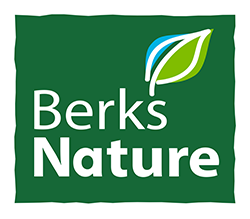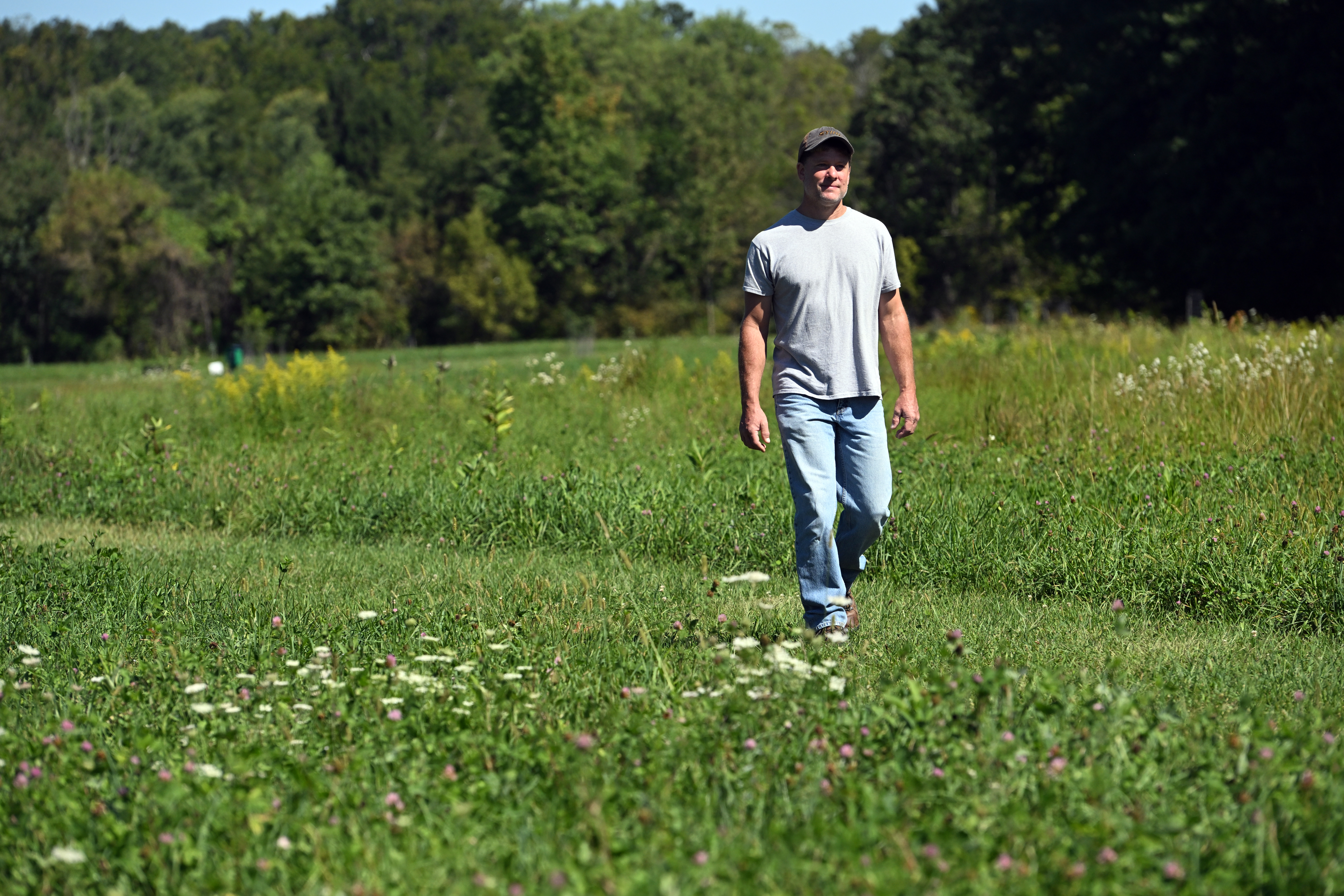Often, all it takes is one project to rally a community together and create a lasting impact.
Back in 2009, a 63-acre farm outside of Kempton near the village of Trexler along the Maiden Creek came up for sale.
Because of its proximity to the Kempton Community Center, the supervisors looked at it as an interesting opportunity.
“We didn’t know exactly what we would use if for,” said current supervisor Chris Schucker, who wasn’t on the board at the time of the purchase. “But it’s in the heart of Kempton, and this was a onetime opportunity, so the thought was that maybe we should jump on it.”
The township leased the land to a local farmer just to maintain the property, but the question remained: How to turn this into something the public can use?
The answer arrived with a pilot program set up by the state Department of Conservation and Natural Resources for a small community grant program.
“They were just trying it out because they were recognizing that small communities like us just don’t have the budget for these big, half-million dollar projects,” Schucker said.
Their concept was to test out a roughly $100,000 project with an 80/20 approach.
“Now you’re talking about something that maybe we could support, to come up with around 20,000,” Schucker said.
“We applied for it and were selected as one of 10 throughout the state, which I consider a feather in our cap.”
The grant mandated the formation of a study group to plan out how the money would be spent.
Want to become part of conservation in your community?
The Maiden Creek Watershed Association (MCWA) is looking for new members!
The MCWA is a volunteer-led effort to protect and better understand the waters of the Maiden Creek while enjoying time outdoors with like-minded nature enthusiasts!
The group convenes every 2nd Tuesday of the month at the Ontelaunee Township Building at 4:30 pm.
All are welcome and no experience in environmental science required!
Learn more at the MCWA website or find them on Facebook!
“Our study group was made up of a pretty good cross section of different folks from throughout the community,” Schucker said.
The group soon discovered in the process that there were limits to what they could and couldn’t do because of wetland areas and flood plains from the Maiden Creek.
They decided to approach it more from a passive recreation perspective rather than fight with what was there.
The first stages of the project consisting of a parking area and a quarter-mile, ADA compliant walking path were completed in 2020.
“We decided to start small,” Schucker said. “The concept was let’s get the community involved.”
The Albany Township Community Recreation and Nature Area was the result.
The Parks and Recreation Board then brought in Berks Nature in an advisory capacity along with the newly re-formed Albany Township Environmental Advisory Council.
“Seeing the response was absolutely amazing,” he said. “Most times when you come down here you’ll see people walking the trail, and what we’ve done since is a macadam loop, and we’ve cut grass paths all through.”
The rec board then brought in Berks Nature in an advisory capacity along with the newly re-formed Albany Township Environmental Advisory Council.
The groups established a management plan for the area.
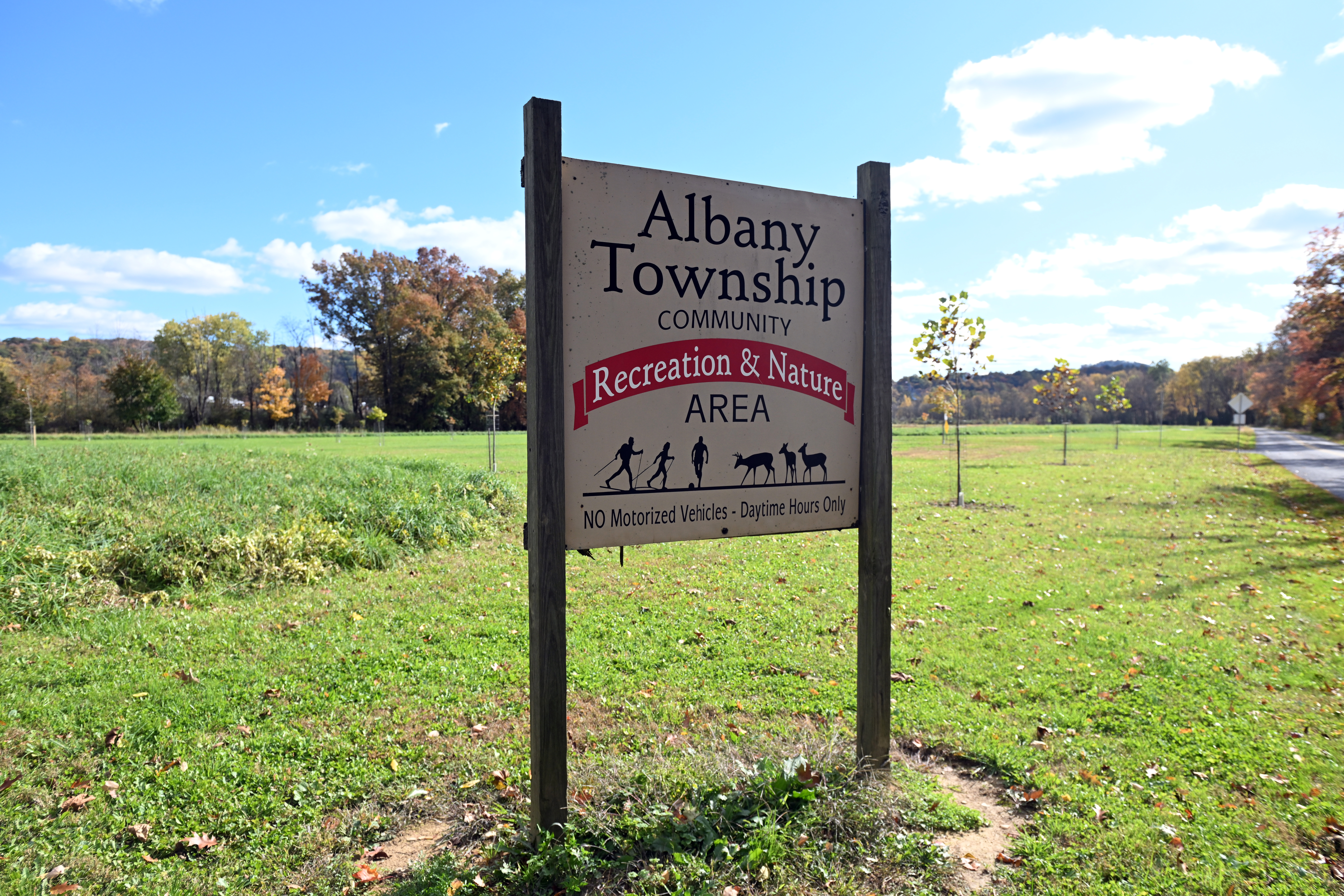
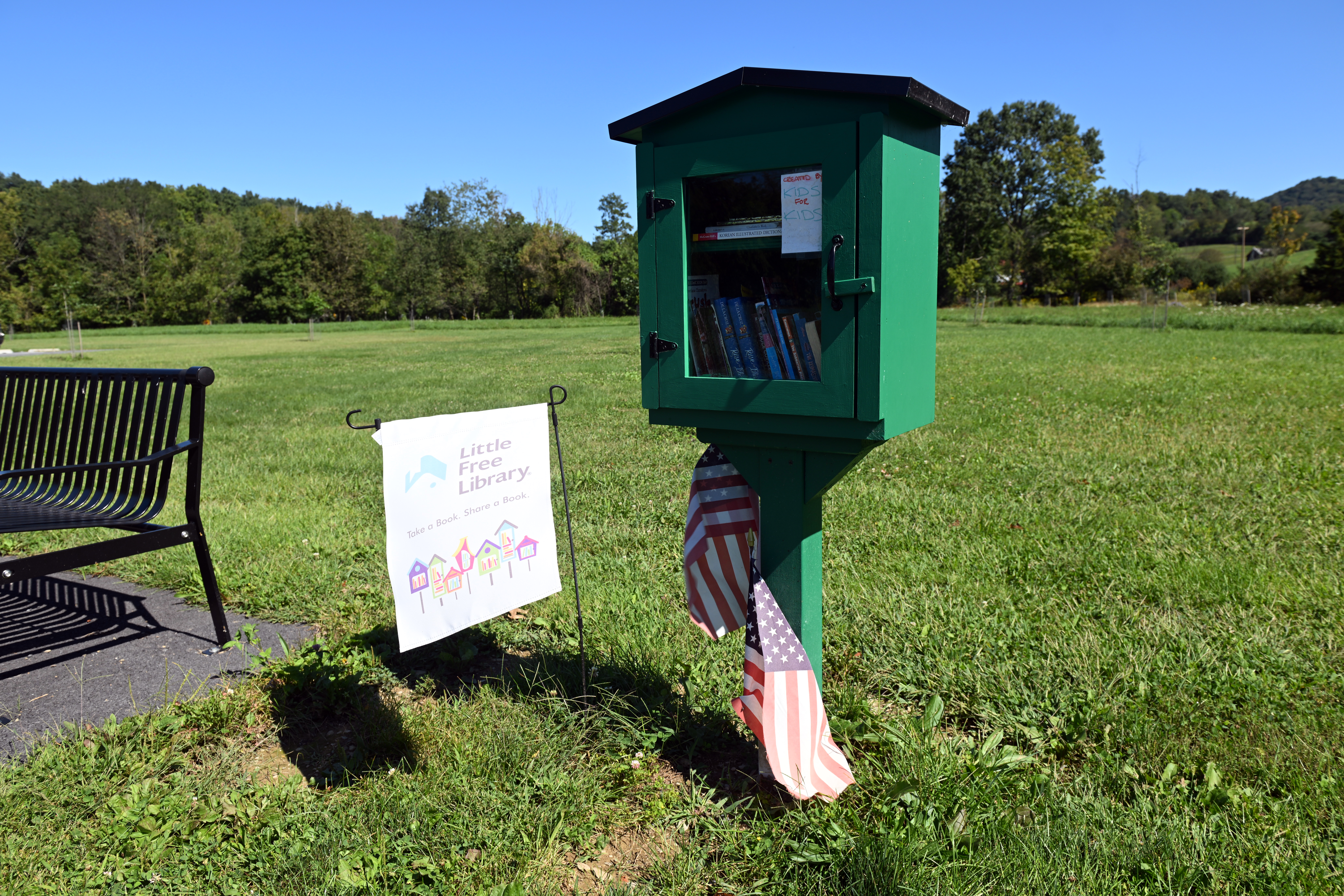
“We’re very much in alignment with the whole concept of education,” Schucker said. “We’re introducing a variety of native species throughout the property and ones that are more adapted to wetland areas. So again, we’re trying to highlight the idea that you want to come here to get a little exercise but at the same time you’re confronted with a variety of environments. And you can learn about the various habitats.”
The learning isn’t restricted only to the landscape. The local Girl Scouts started a lending library on the site where books can be exchanged.
A major tree planting project with Berks Nature last spring generated a great community response.
“But it has been surprising, honestly, how much the community really has rallied around this,” he said. “The people really want this.”
The Kempton project is an example of the sort of community engagement that is essential to establishing conservation as a community value, according to Larry Lloyd, senior ecologist for Berks Nature.
“Berks Nature is not a resident of any community,” Lloyd said.
“Berks Nature and other nonprofits and government agencies can provide incentives and demonstrations, but it is up to a critical mass of the community to adopt and enact conservation measures so that conservation is a core value for the community. It also involves local government reflecting that in its decisions.”
Lloyd lists a number of Albany Township entities both public and private committed to conservation practices such as agricultural land preservation, natural land and open space preservation, forest regeneration, agricultural best management practices including riparian buffers, meadow and grassland creation, soil health practices and local food availability. These groups include the township supervisors and planning commissions, the Environmental Advisory Committee, the Park and Recreation Board, the Kempton Fire Company, the Kempton Rod and Gun Club, the Kempton Community Center, the Albany Township Historical Society, the Kutztown Area School District, and Hawk Mountain Sanctuary.
Last October, the Albany Environmental Advisory Committee (EAC) sponsored a tour of the township that highlighted how conservation has become embedded as a community value.
The first stop was the BAD Farm just outside the village of Albany.
The name of the farm is derived from the initials of the original owners, Beth and Dave, said their son Jason Rice, who now runs the farm with his wife Kacey.
Now that Jason and Kacey have taken over the farm, the name still works.
“My middle name is Dave, and Kacey’s middle name is Beth,” Jason said,
“We’ll go to a farmers market and we’re standing and talking to people and it’s an icebreaker,” Kacey added. “And if you go up near Slatington a little bit there’s a Good Farm, so good and bad kind of work together.”
The BAD farm is a good example of the use of best management practices regarding its livestock and its manure management.
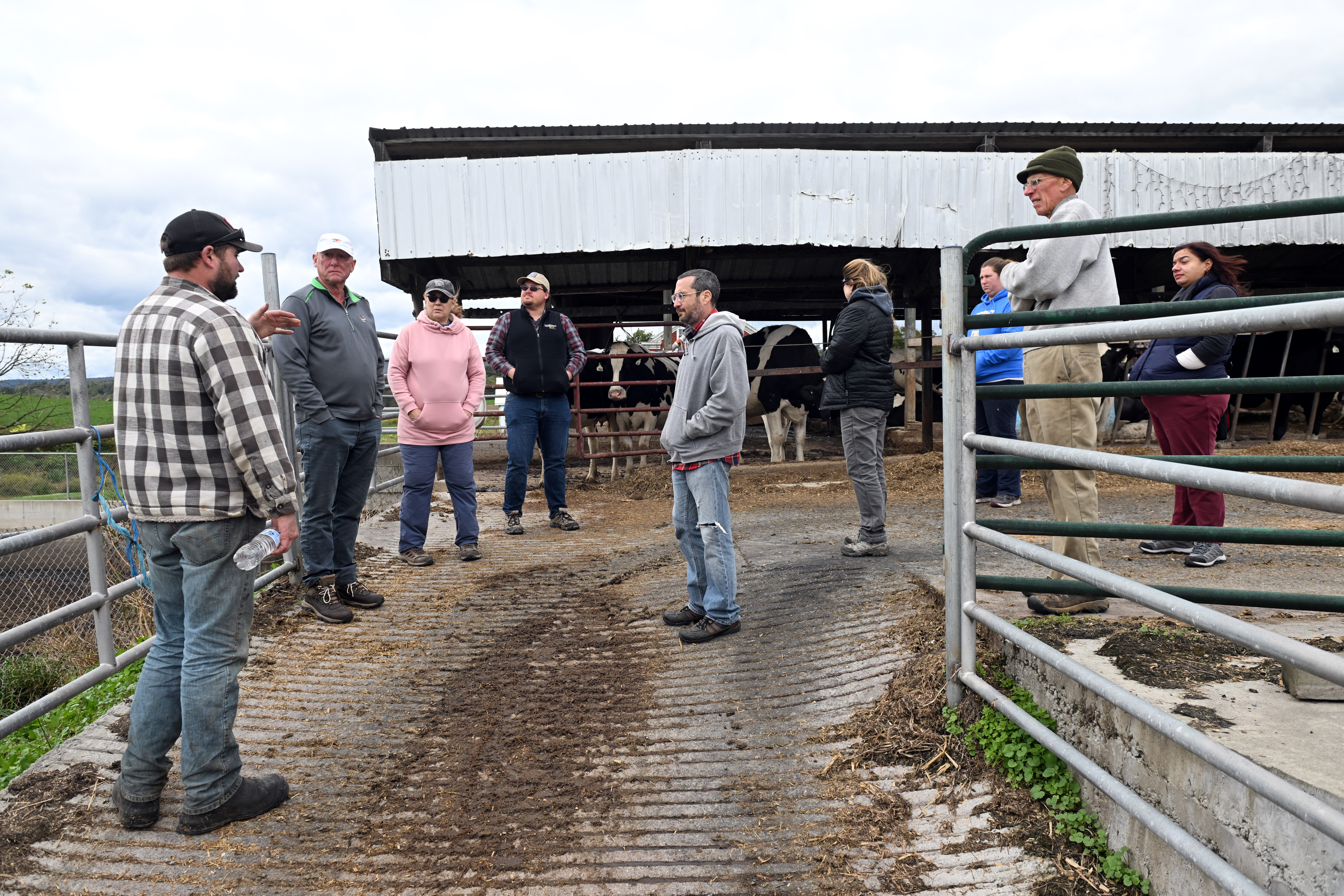
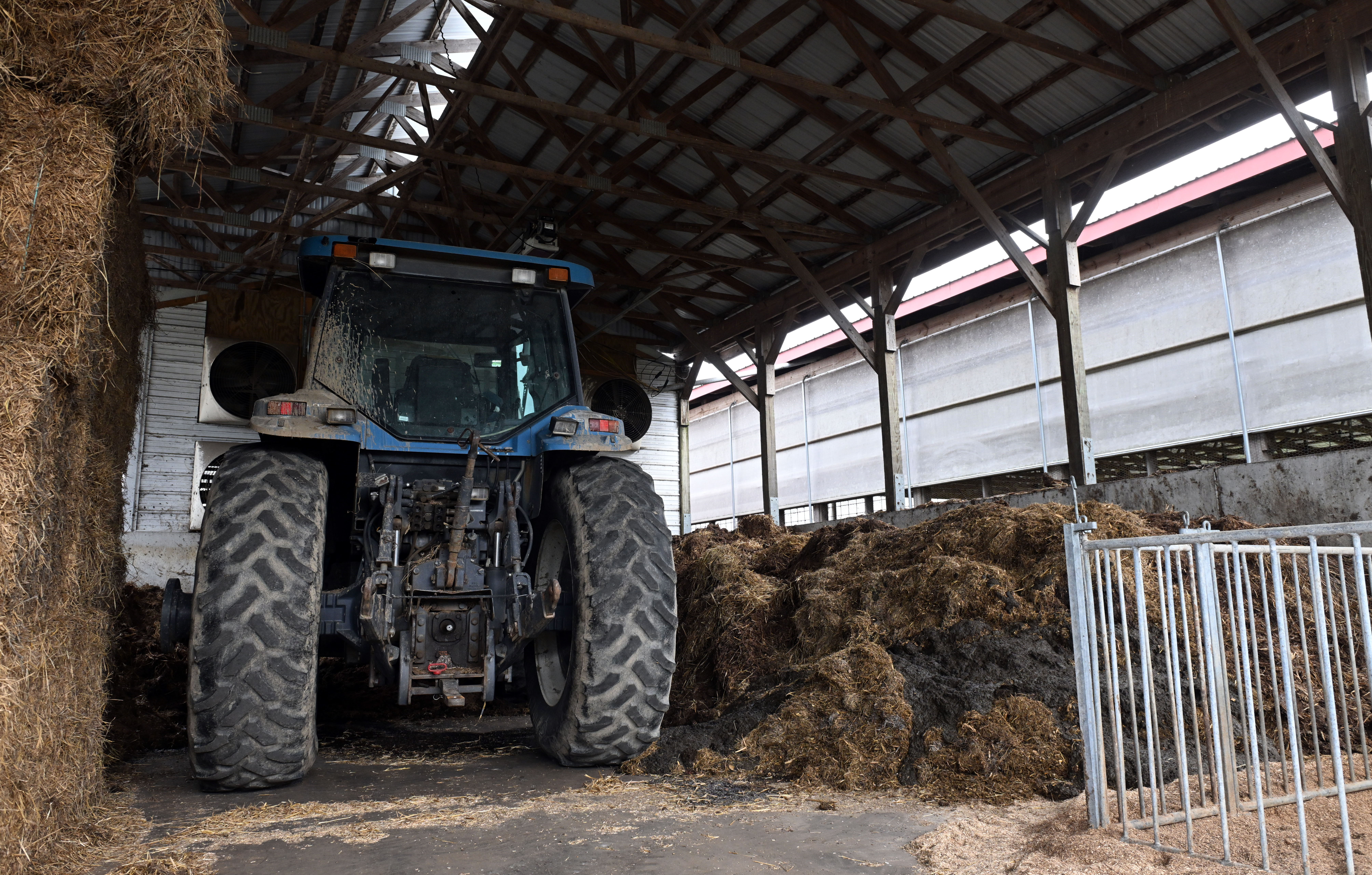
The farm also sells its products directly to the local community.
“When I was in college, I got the idea of doing retail and directly selling to people, instead of expanding [our herd],” Jason said. “So we started the retail business. Raw milk is what we started first and that turned into chickens and eggs soon after that. And then yogurts and cheeses and ice cream and different dairy products.”
They are looking to expand more into pork products and perhaps eventually into goats.
Although not members of the Albany EAC, Seth Budick and Fatimah Johnson participated in the tour and have been supporters of the conservation community in Albany Township.
The young couple live in Philadelphia but own a home in Kempton.
“The main reason we live here is because of the beauty of the area,” Seth said. “Preserving the land here is crucial. Preserving farmland or reverting it into a more natural condition and not opening it to development is very important to us. We have a big native plant garden and try to foster as much wildlife as we can.
“We just love being a part of this community.”
